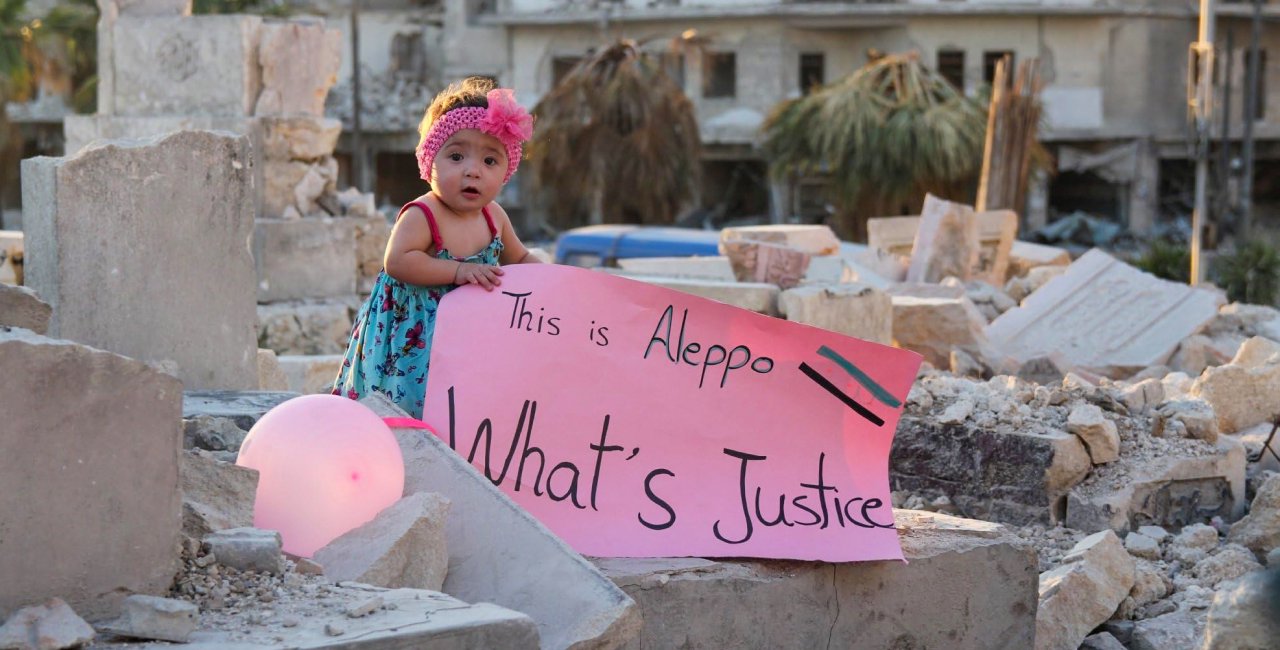Three years after its first edition under a summer supermoon and once again in collaboration with the Madžlis Student Association of Charles University, Al Qamar (“moon” in Arabic) returns to Prague this weekend for three days of film, food, and cultural programming from the Middle East and North Africa.
From Friday to Sunday, about a dozen films will be screened at Edison Filmhub on Jeruzalémská in central Prague. The program includes premieres, classics, and shorts.
Powerhouse directors and stories of displacement
Opening on Friday evening with its Czech premiere, Eagles of the Republic by Swedish Egyptian filmmaker Tarik Saleh (The Nile Hilton Incident, Boy from Heaven) examines authoritarian paranoia and corruption while satirizing Egypt’s film industry.
Winner of the 2025 Palme d’Or at Cannes, It Was Just an Accident is the latest work by Iranian filmmaker Jafar Panâhi, who is also known for Taxi and other politically charged films. Actress Maryam Afshari will join viewers for an online discussion after the screening. Panâhi’s earlier Taxi, winner of the Golden Bear at the Berlinale, will also be shown.
The Al Qamar festival runs at Edison Filmhub Prague from Aug. 29-31. All screenings are with English subtitles, and many will be followed by debates and Q&As with some of the cast, film critics, or experts from the region. For more information, you can visit Edison’s website here.
A third highlight, To a Land Unknown by Danish Palestinian director Mahdi Fleifel, follows two cousins stranded in Athens as they attempt to reach Germany, portraying the difficulties faced by Palestinian refugees in Europe.
Diaries from Aleppo and student visions from Prague
Other screenings include Waad al-Kateab’s For Sama, filmed over five years in Aleppo as both a record of the Syrian war and a diary to her daughter. Students from the Alsama project, a Beirut-based initiative for teenage refugees, will join a post-screening discussion.
Two short film sections are also planned. On Saturday, One World, Apart will show documentaries about the 2023 Turkey and Syria earthquake and its impact on local communities. On Sunday, the FAMU Short Film Program will present four student works from the region, introduced by Prague-based Palestinian Lebanese filmmaker Farah Abu Kharroub.
Sweet traditions from Baghdad kitchens
For sweets, Iraqi expatriate Samar Alabed will present her handmade pastries as Sandra’s Cakes Soso. After leaving a career in accounting in Baghdad, she has spent more than a decade in Prague, building a reputation for baklava, kleicha, and other traditional desserts prepared in her home kitchen.
“I do everything myself, fresh and home-made,” the mother of two tells Expats.cz, confiding that the best part about it is to see people delight as they try out her sweets. Festival visitors often return year after year specifically for her baklava, which has become something of a tradition in its own right.
The Moonlight Markets will be open daily from 4 p.m. to 8 p.m., with Aleb Kitchen & Bar serving Levantine dishes.
Persian artistry in the heart of Prague
Tehran-born Fariba Šumanská will also return with her stall Anar Persian Art. After decades of work in film festivals and distribution across the Middle East, she settled in Prague eight years ago.
Her shop near Národní Passage is filled with jewelry, shawls, handbags, and ceramics, each handmade and purchased directly from Iranian artists. Many are created by women she personally supports. “When I look at a product, I don’t see things, I see faces. I know exactly who makes them, how they’re made, in what condition. All of them are like my children,” she says.
A puppet’s journey through exile
Before the final screening on Sunday, audiences will see Saba’s Journey, a live puppetry performance by Palestinian scenographer and DAMU student Jeries Abu Jaber. The interactive work tells the story of Saba, a man forced to flee his Bethlehem home in the late 1940s, who returns decades later after a life in exile in Chile.
Abu Jaber, who also works in Czech hospitals as a medical clown, created the character during the Covid-19 pandemic as a way of countering isolation. “I also made it resonate with my own family background,” he explains. The performance draws on his personal history while exploring the broader Palestinian experience of exile, displacement, and the right to return.

